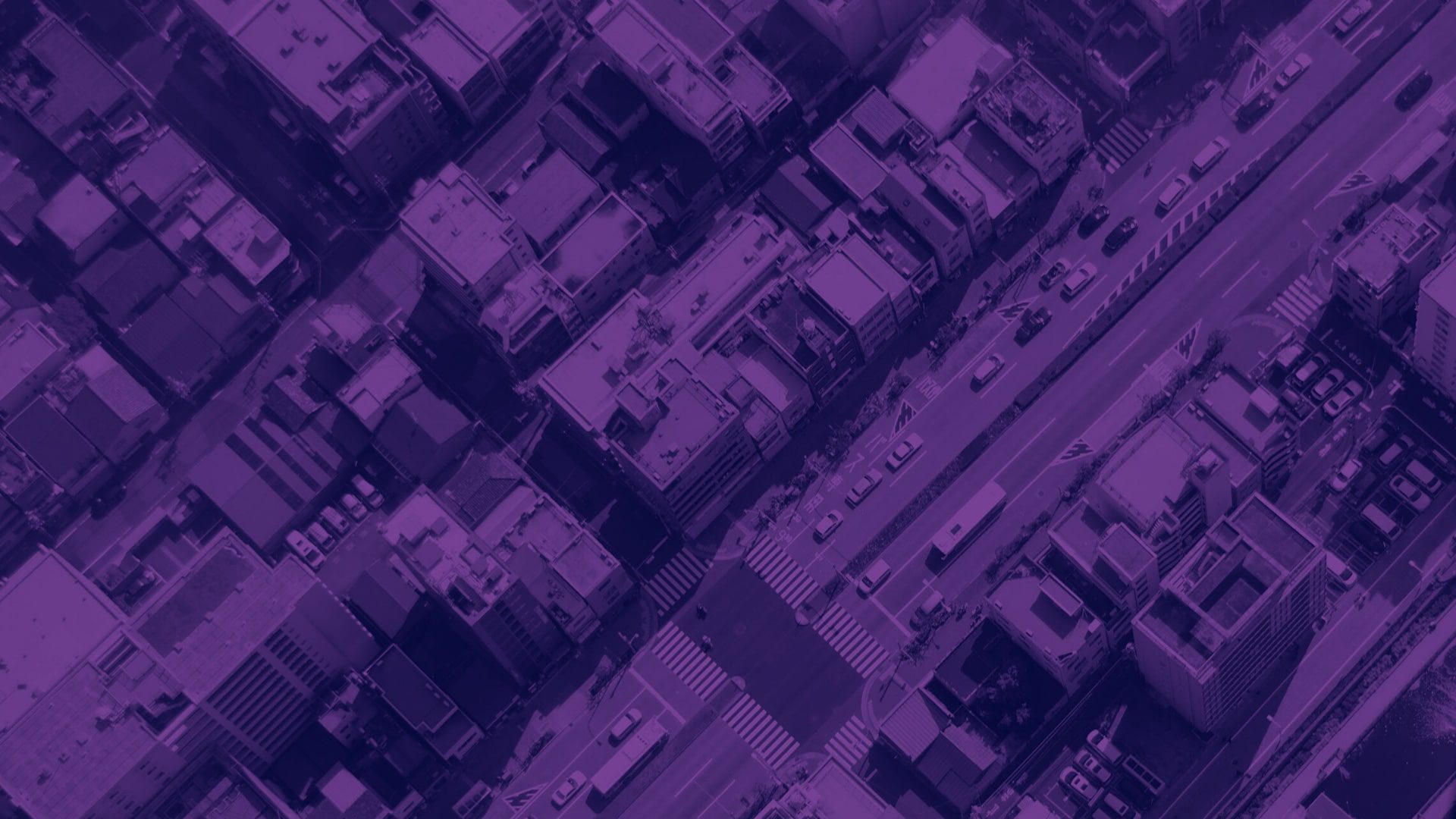
Day two of the national Taking the Call conference started out strong, with opening remarks from The Council of State Governments (CSG) Justice Center Director Megan Quattlebaum and Acting Director of the Bureau of Justice Assistance, Kristen Mahoney. Both spoke about how federal resources, including funding, guidance, research, and other on-the-ground assistance can help jurisdictions as they build out comprehensive crisis care systems.
When someone calls 911 with an emergency, who takes that call? This is the question that the first-of-its-kind Taking the Call conference sought to explore over the past two days. Many communities across the U.S. are redefining who answers calls for service involving mental health or substance use crises, homelessness, “quality-of-life” issues, and other low-level situations. Taking the Call brought together experts from multiple fields to discuss ways to support communities as they expand the idea of who can serve as a first responder. Much of this is done through community responder programs, which deploy behavioral health professionals and trained community members to calls for service, lessening the burden on law enforcement, and reducing unnecessary justice system contact.
The morning plenary session included discussion from Judge Steven Leifman from the Miami-Dade County Court, Department of Housing and Urban Development Senior Advisor Dr. Richard Cho, Centers for Medicare & Medicaid Services Analyst Nancy Kirchner, and representatives from the Substance Abuse and Mental Health Services Administration, John Palmieri and Richard McKeon. These speakers discussed how diversion programs for individuals with substance use disorders and mental illness can not only improve outcomes, but also save jurisdictions money and prevent future recidivism. The session also touched on how the COVID-19 pandemic has impacted many communities, specifically increasing rates of mental health and substance use disorders, and how states and communities can look to American Rescue Plan funding for opportunities to tackle those issues.
Throughout the afternoon, experts from across federal and state agencies, law enforcement, advocacy groups, and behavioral and mental health organizations led breakout sessions on a wide variety of issues related to crisis response. Some of the important topics covered included training first responders on crisis de-escalation, how to effectively divert people away from the criminal justice system and into community-based treatment, and the importance of applying a racial equity lens as communities build and implement programs.
The conference wrapped up with remarks from Cornelia Sigworth, associate deputy director of the Bureau of Justice Assistance, who emphasized the importance of collaboration between mental health professionals, law enforcement officers, and community advocates as crisis systems are expanded. Only then, she stated, can we create equitable and efficient crisis response systems.
Taking the Call was presented by the U.S. Department of Justice’s Bureau of Justice Assistance and Office of Justice Programs, The Council of State Governments Justice Center, and the University of Cincinnati. A detailed agenda of conference sessions, panelists, and keynote speakers is available on the conference website, takingthecall.csgjusticecenter.org/.
The sharp rise in school shootings over the past 25 years has led school officials across the U.S.…
Read MoreA three-digit crisis line, 988, launched two years ago to supplement—not necessarily replace—911. Calling 988 simplifies access to…
Read MoreIt would hardly be controversial to expect an ambulance to arrive if someone called 911 for a physical…
Read More Taking the HEAT Out of Campus Crises: A Proactive Approach to College Safety
Taking the HEAT Out of Campus Crises: A Proactive Approach to College Safety
The sharp rise in school shootings over the past 25 years has led school officials across the U.S. to take a closer look at ways to keep students safe. For Chaffey College in Rancho Cucamonga, California, a tragic incident at a nearby university hit close to home and spurred campus leaders to revisit their own school’s threat assessments and crisis responses.
Read More From 911 to 988: Salt Lake City’s Innovative Dispatch Diversion Program Gives More Crisis Options
From 911 to 988: Salt Lake City’s Innovative Dispatch Diversion Program Gives More Crisis Options
A three-digit crisis line, 988, launched two years ago to supplement—not necessarily replace—911. Calling 988 simplifies access to services when people are seeking help for themselves or loved ones with suicidal thoughts, behavioral health concerns, or substance use-related crises.
Read More Matching Care to Need: 5 Facts on How to Improve Behavioral Health Crisis Response
Matching Care to Need: 5 Facts on How to Improve Behavioral Health Crisis Response
It would hardly be controversial to expect an ambulance to arrive if someone called 911 for a physical health emergency. And yet, for years, the default responders for a behavioral health emergency have been law enforcement officers, not behavioral health professionals.
Read More









